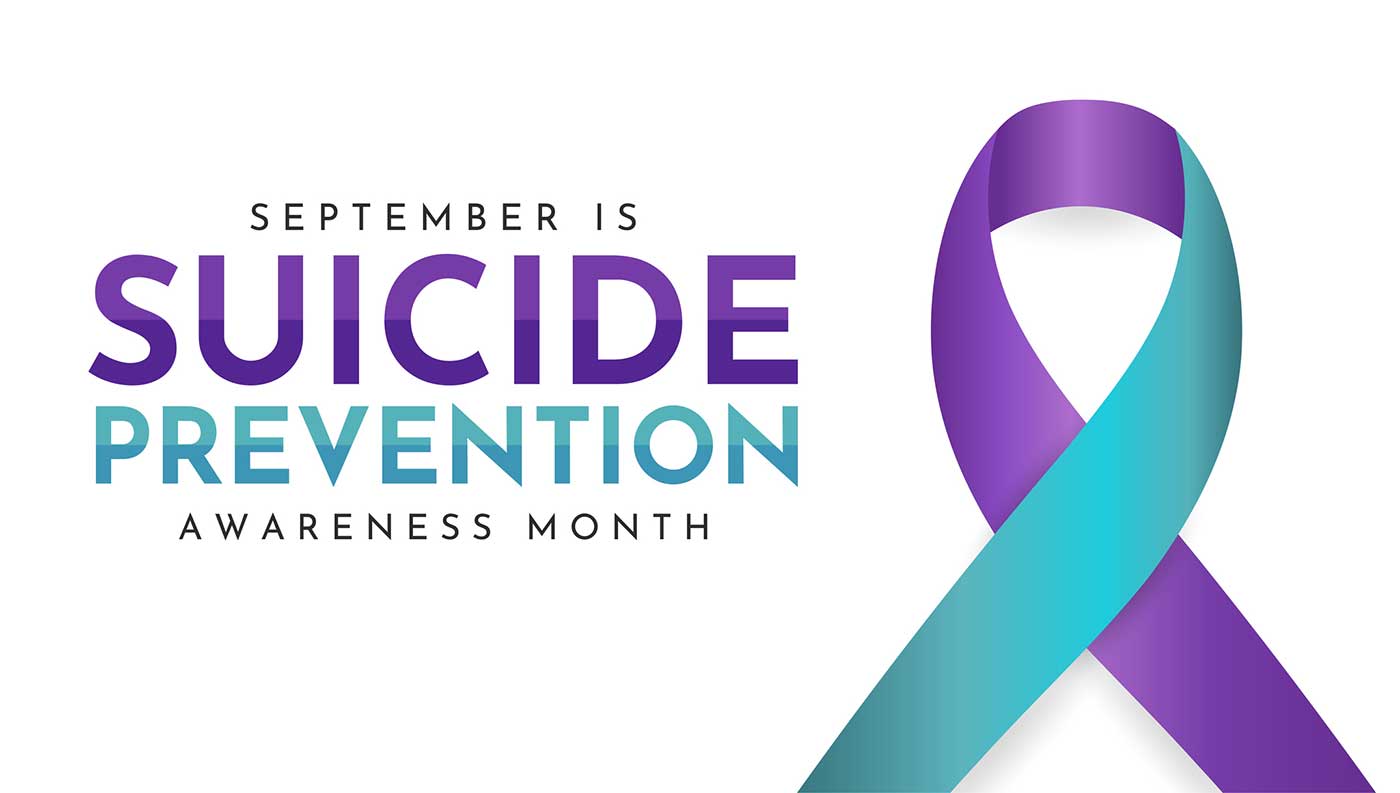In honor of Women’s Health Awareness Month, we’re shedding light on some of the top health concerns that shape women’s well-being and vitality. Spanning from reproductive and mental health to the prevention and management of chronic diseases like breast cancer and heart disease, these issues are crucial for women’s overall wellness, longevity, and quality of life. Here are seven top women’s health issues:
- Reproductive Health: Reproductive health encompasses a range of conditions, including menstrual disorders, polycystic ovary syndrome (PCOS), endometriosis, and infertility. According to WebMD, women should visit their gynecologist annually after age 21 including regular testing for cervical cancer. Outside of these annual visits, it’s important to consult with your gynecologist if you experience painful periods, unexpected vaginal bleeding, burning during urination, and other symptoms found in this article from Harvard Health.
- Breast Cancer: According to the American Cancer Society, breast cancer accounts for 30% of new female cancer cases in the US each year. Regular breast self-exams, clinical breast exams, and mammograms are crucial for early detection and treatment. Notably, the U.S. Preventive Services Task Force revised guidelines, now recommending women with average breast cancer risk to begin mammograms at age 40. For further insights, explore the article “New Mammogram Guidelines: For further insights, check out New Mammogram Guidelines: What Women Should Know from Yale Medicine.
- Heart Disease: The Centers for Disease Control and Prevention cites cardiovascular disease as the leading cause of death among US women. Risk factors such as high blood pressure, high cholesterol, diabetes, obesity, and smoking contribute to heart disease in women. Adopting heart-healthy habits like regular exercise, a balanced diet, stress management, and avoiding smoking can significantly lower the risk.
- Menopause: According to the Mayo Clinic, two million women reach menopause in the US each year. In addition to symptoms like hot flashes, mood swings, and sleep disturbances, menopause increases the risk of osteoporosis and heart disease due to hormonal changes. Management often involves lifestyle adjustments, hormone therapy, and regular health check-ups to navigate this transition with optimal health. In her new book Grown Women Talk, Sharon Malone, M.D. offers specific recommendations on maintaining optimal health after menopause.
- Mental Health: Women are disproportionately affected by mental health issues such as depression, anxiety, and eating disorders. In fact, the National Institute for Mental Health reports that, in 2021, 27.2% of women in the United States aged 18 or older had any mental illness (AMI), compared to 18.1% of men. How do you know when it’s time to seek help for mental health issues? Here are helpful recommendations from the Mayo Clinic.
- Osteoporosis and Bone Health: Osteoporosis, characterized by weakened bones, predominantly affects postmenopausal women, increasing their risk of fractures and mobility issues. Adequate calcium intake, vitamin D supplements, weight-bearing exercises, and lifestyle modifications are essential for maintaining optimal bone health. The Cleveland Clinic states that all women over 65 should receive a bone density test, as well as women of other ages depending on health history and other factors. Read more about Cleveland Clinic’s recommendations on bone density testing here.
- Stroke: The American Stroke Association reports that 1 in 5 women will have a stroke between the ages of 55 and 75. Unique risk factors for women include pregnancy, birth control pill use, hormone replacement therapy, and migraine with aura. Women may also exhibit distinct symptoms like sudden face and limb pain, hiccups, nausea, or confusion. It’s vital for women to recognize these factors and symptoms and seek immediate medical attention if warning signs arise. Lifestyle changes such as a healthy diet, regular exercise, stress management, and quitting smoking can mitigate stroke risk.
Wrap-Up
As we wrap up our discussion on top women’s health issues this Women’s Health Awareness Month, it’s clear that awareness and action are key. By prioritizing regular screenings, proactive self-care practices, and lifestyle adjustments, women can take control of their health journey and strive for not just longevity, but also vitality and quality of life.






Responses